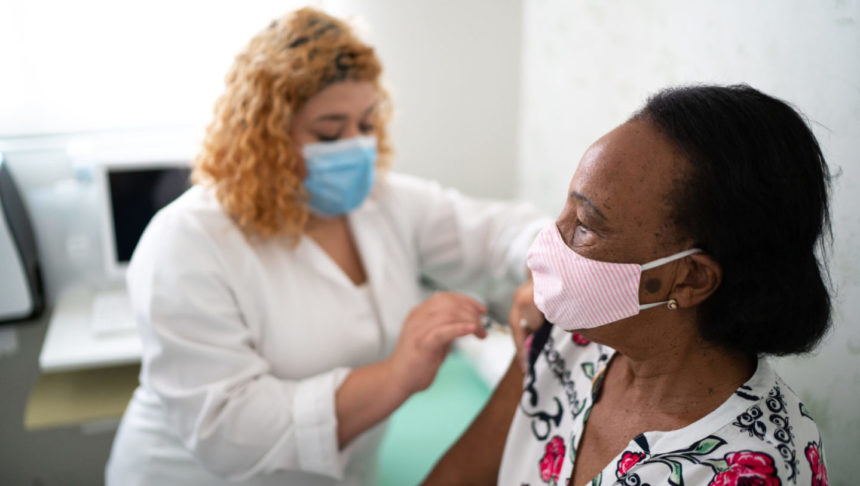
Nursing home residents who have had a prior SARS-CoV-2 infection produce significantly more antibodies than those who have not been exposed to the virus, according to a new study.
Investigators recruited 149 participants to be vaccinated in four New England nursing homes. Residents were tested for prior exposure to the virus, and 110 non-frail healthcare workers served as controls.
When compared to healthcare workers who had not been exposed to the virus, residents who had not been exposed to the virus made fewer antibodies to the Pfizer vaccine. Among residents, 19% had antibody levels near or at the lowest level of detection, compared with 1.4% of workers.
But residents who had recovered from a bout with COVID-19 responded in much the same way to vaccination as members of the non-frail control group who also had been infected, reported Christopher L. King, M.D., Ph.D., and colleagues at Case Western Reserve University, Cleveland. The trend was more noticeable for women, the study team noted.
In addition, the older the resident without any prior exposure to the virus, the lower the vaccine response level, King reported. This was not the case in residents who had been infected.
Early reports of significant reductions in COVID-19 among vaccinated nursing home residents are encouraging, but it is not yet certain how long the protection will last, investigators wrote.
Lower responses to the COVID-19 vaccine could mean:
- Less protection from infection;
- Shorter interval of protective antibody levels;
- Greater likelihood of breakthrough infection with resistant variants;
- Greater likelihood of disease;
- Greater likelihood of asymptomatic or silent infection, posing a risk for transmission to remaining vulnerable/unvaccinated staff, residents and visitors; and
- Breakthrough infections that are more symptomatic.
The causes of diminished response to vaccination are not clear, the authors said. But older adults are known to have reduced responses to many vaccines, and can require higher doses and added ingredients to provoke a stronger response.
“Reduced responsiveness brought on by age, frailty, multimorbidities, and medications are likely key contributing factors,” King and colleagues wrote. “There is continued and even increased infection risk in nursing homes expected as they relax visitation policies and confront vaccine hesitancy in some residents and especially among [the] staff,” they added.
It remains uncertain whether booster shots will help increase vaccine response in frail elders, they wrote. “There is still much to do to fully understand how to optimally protect this most frail and vulnerable population from COVID-19.”



